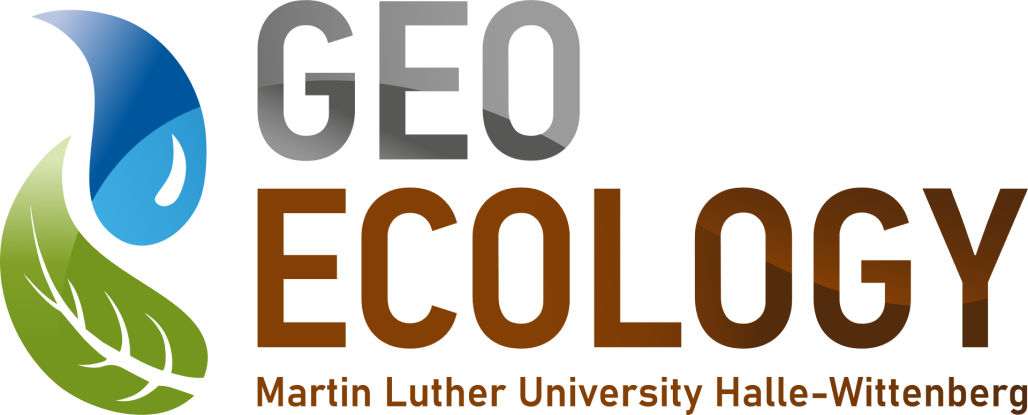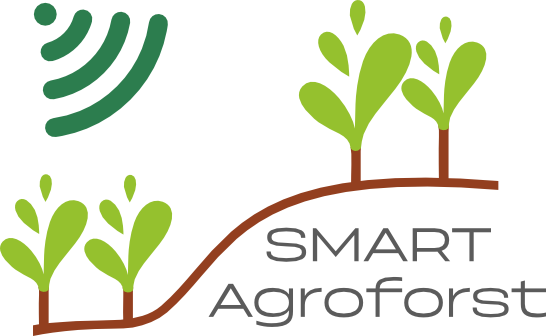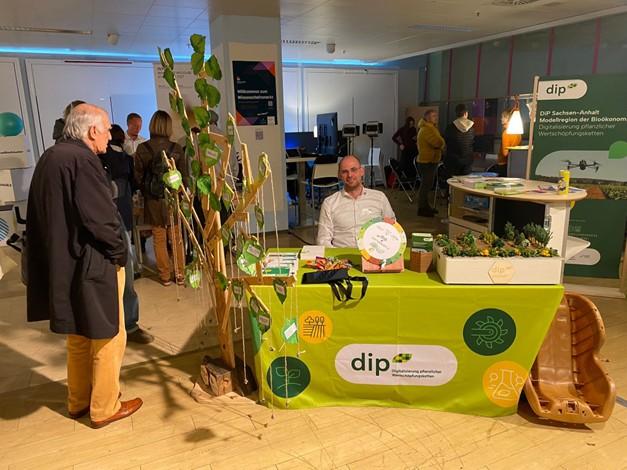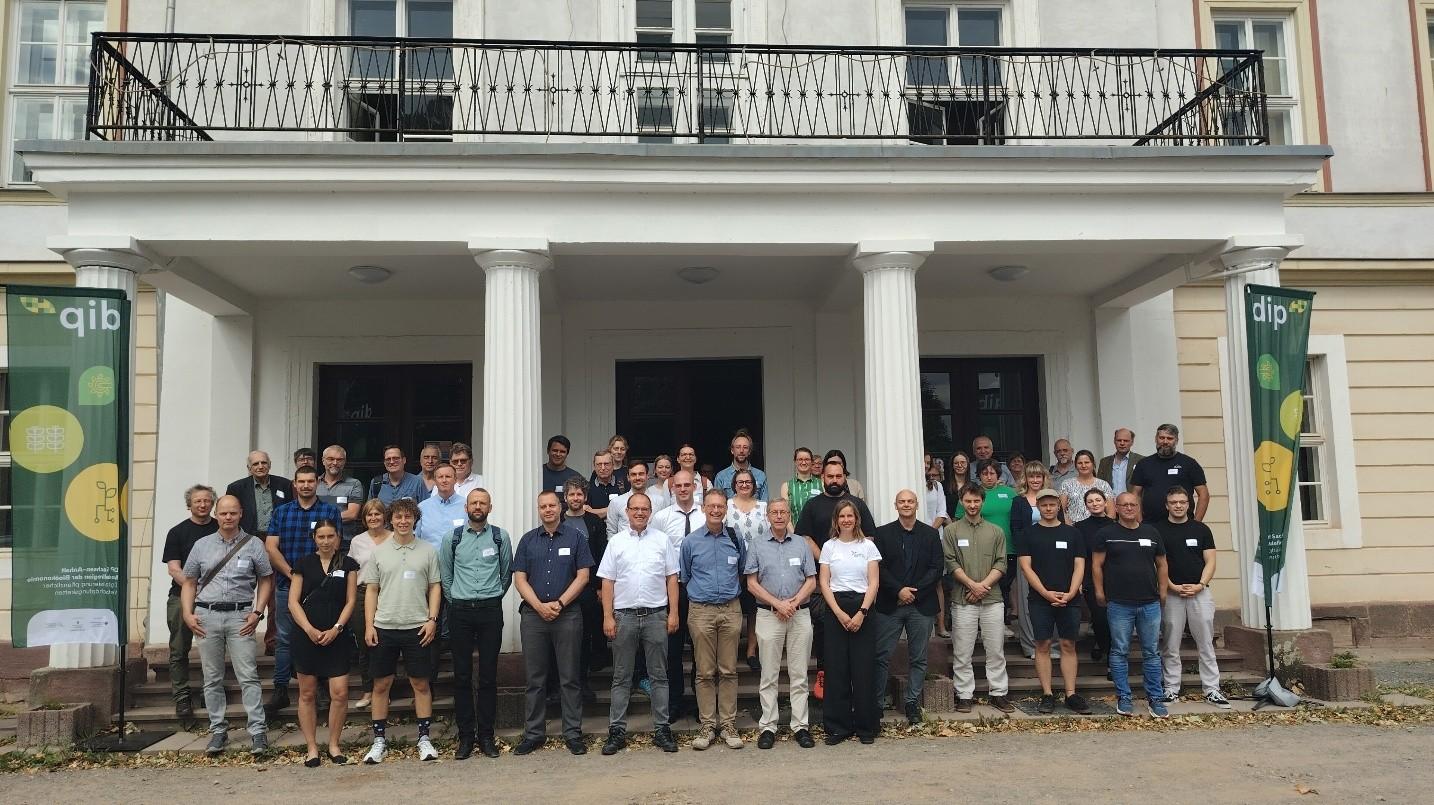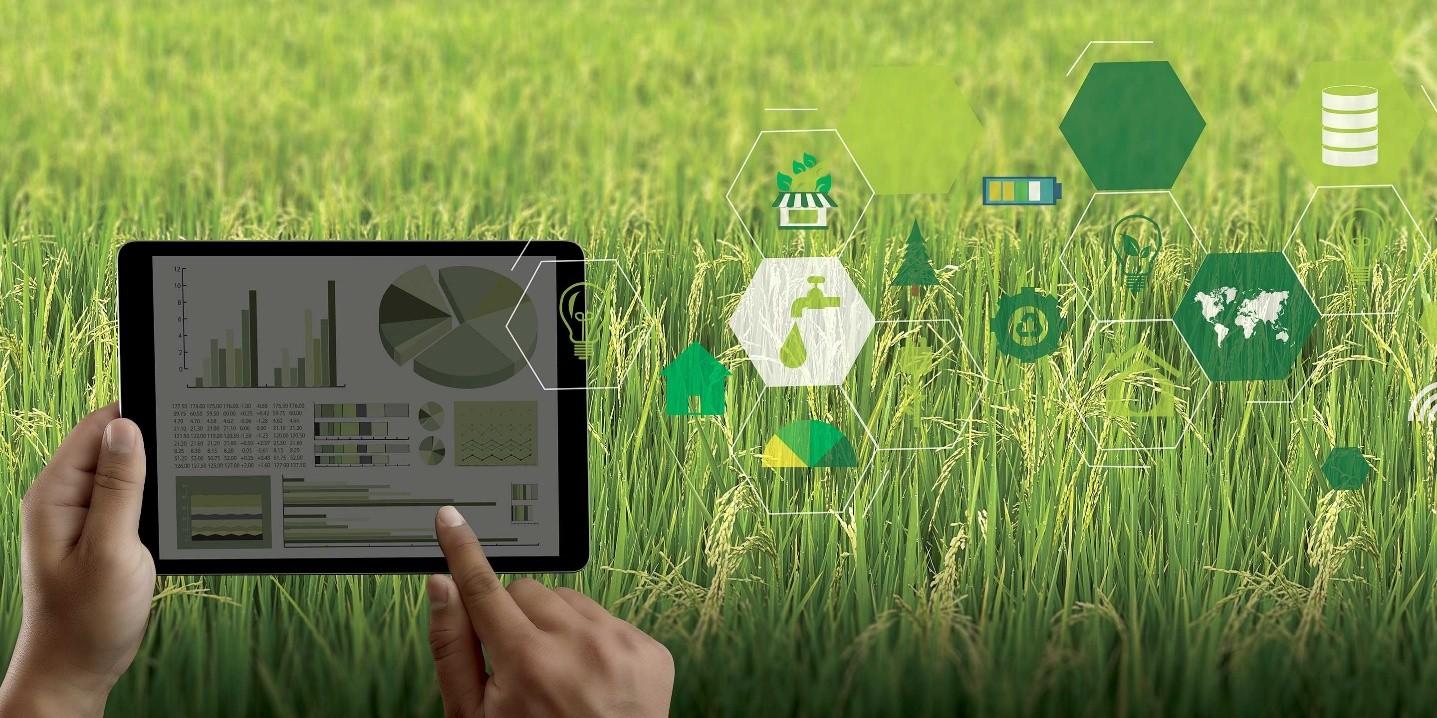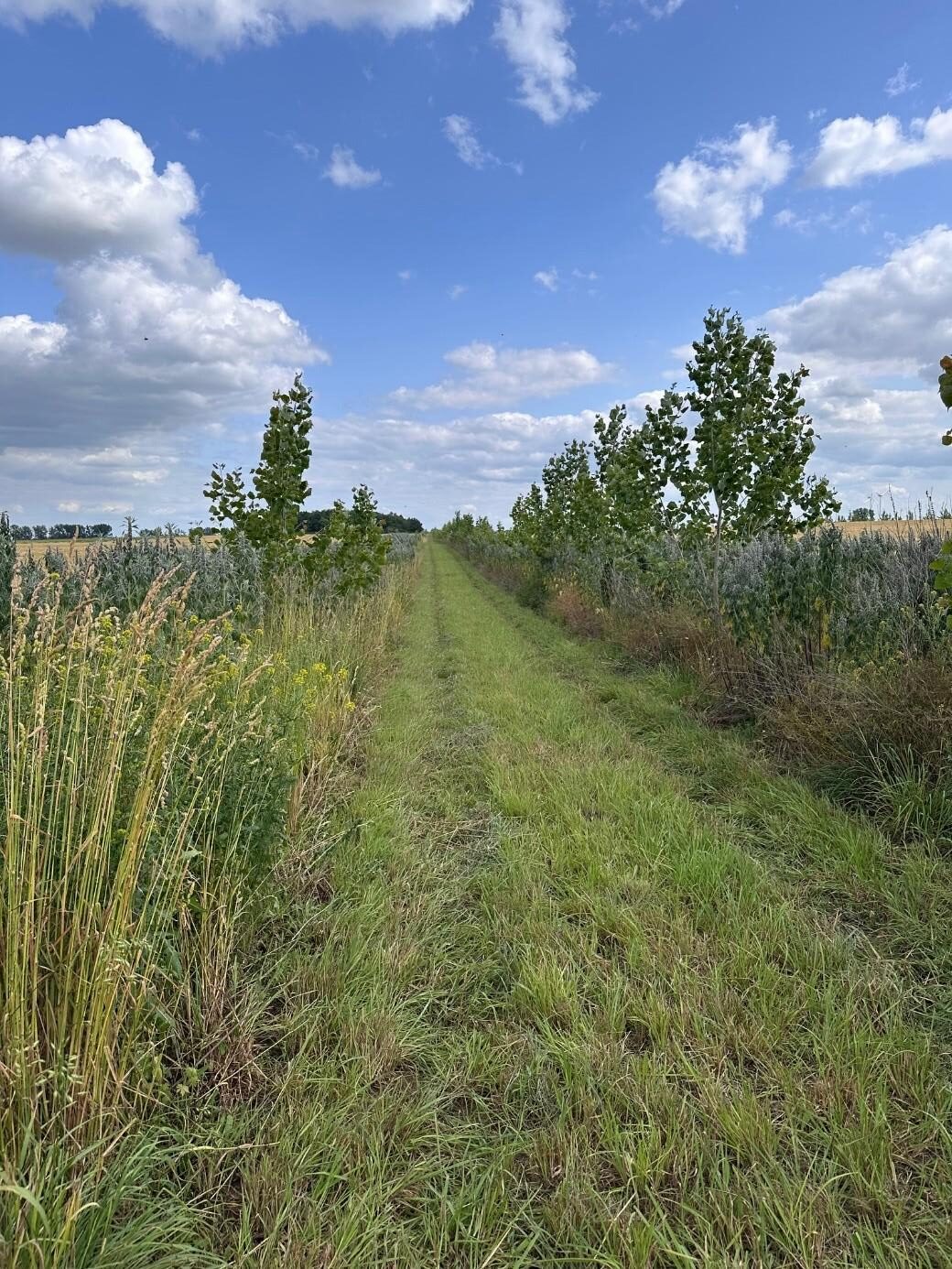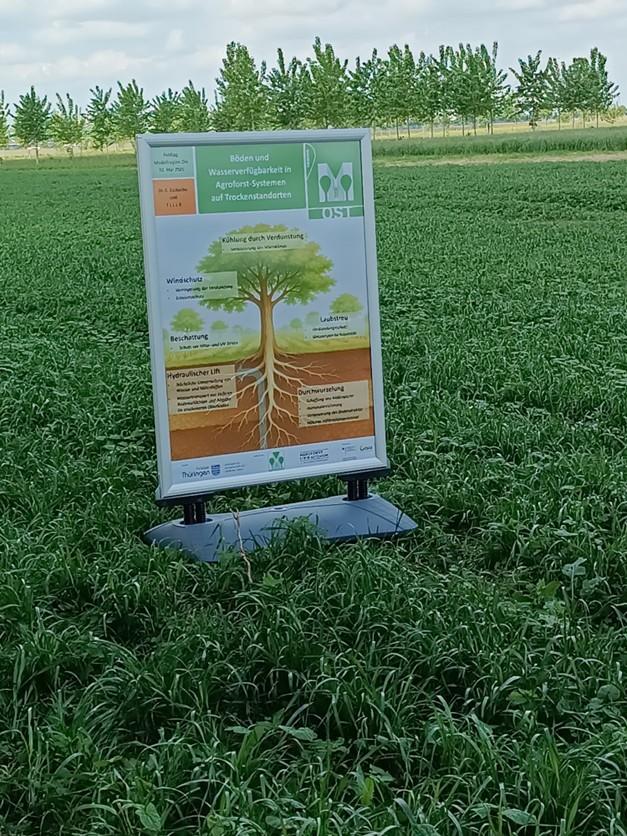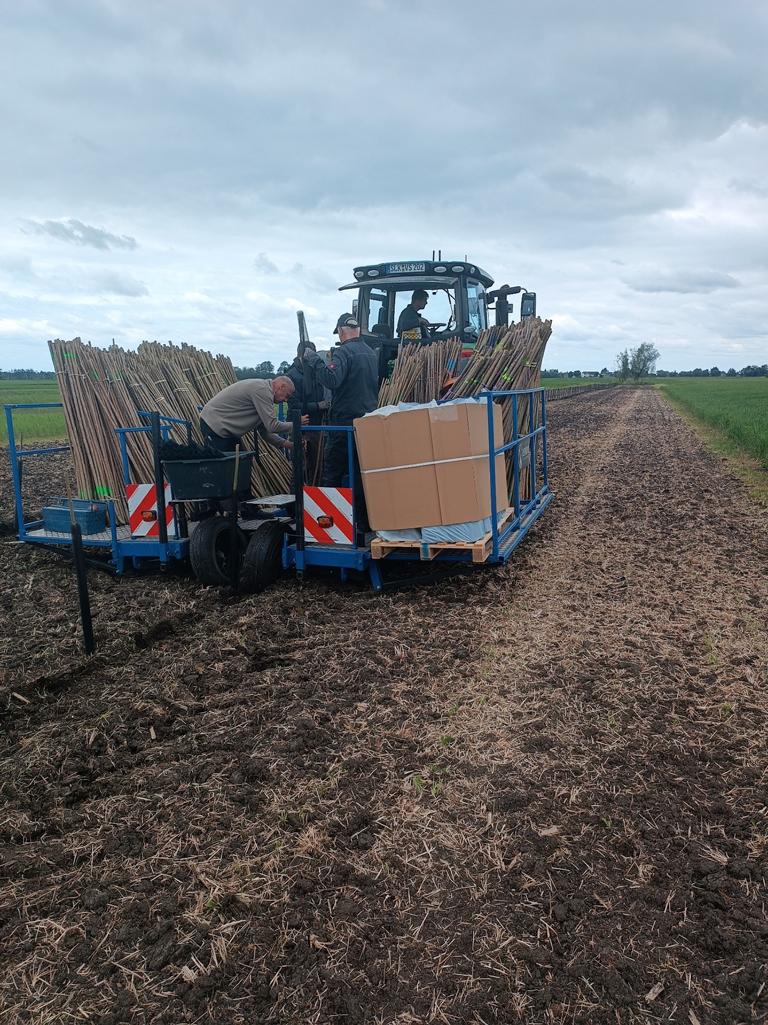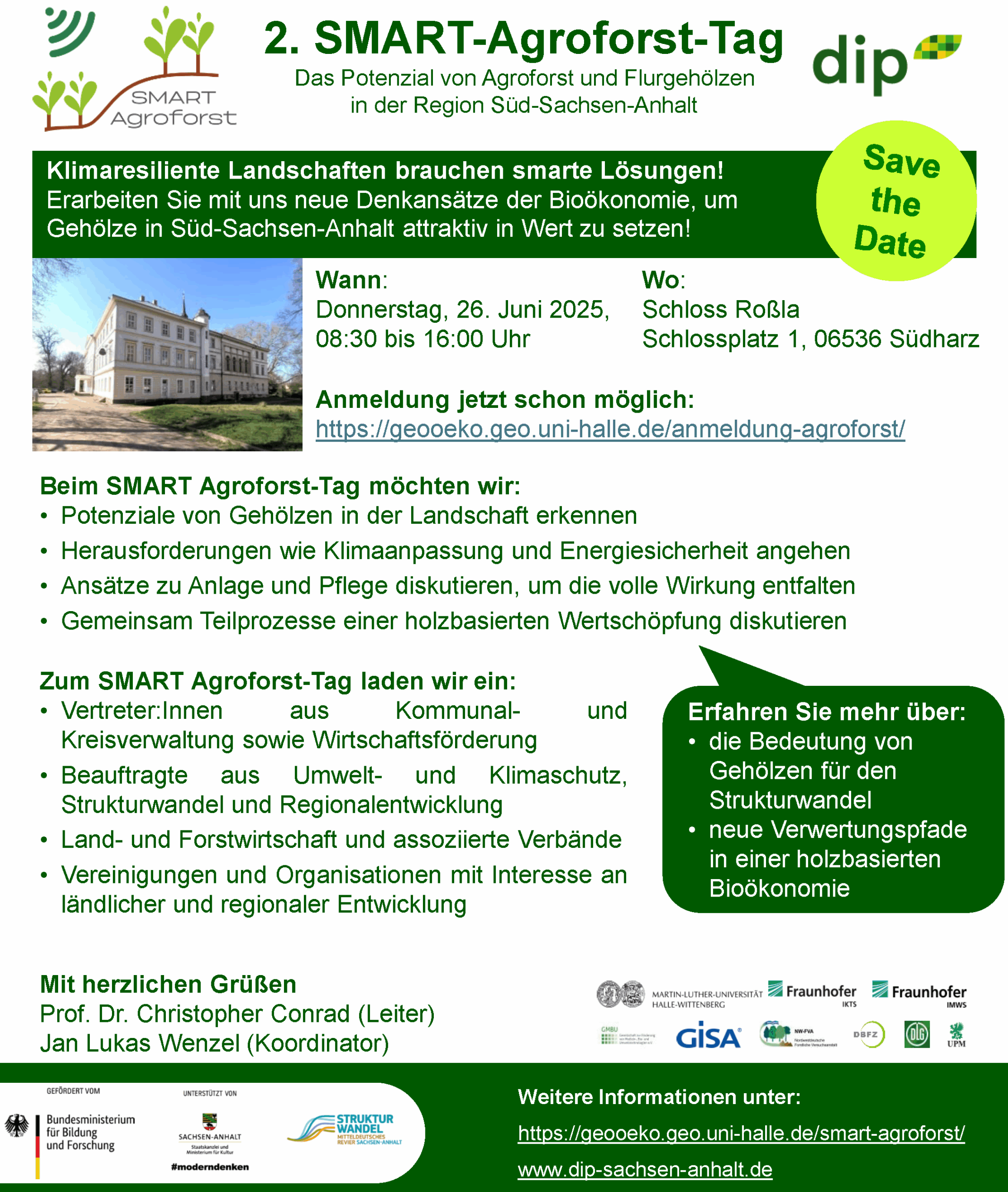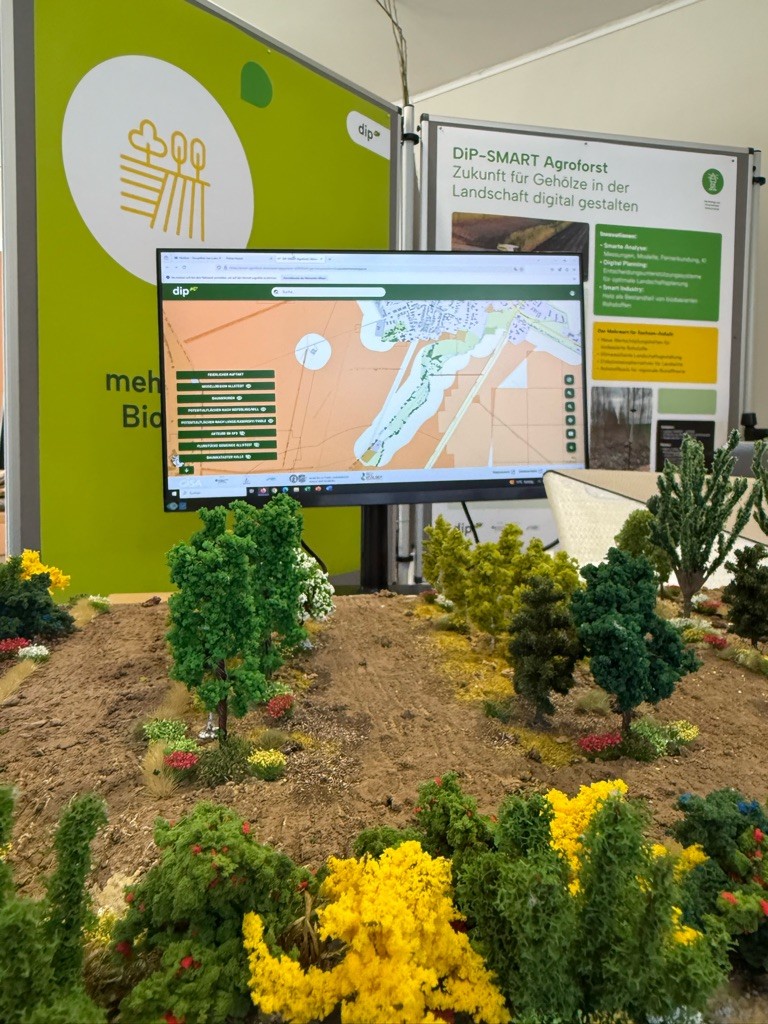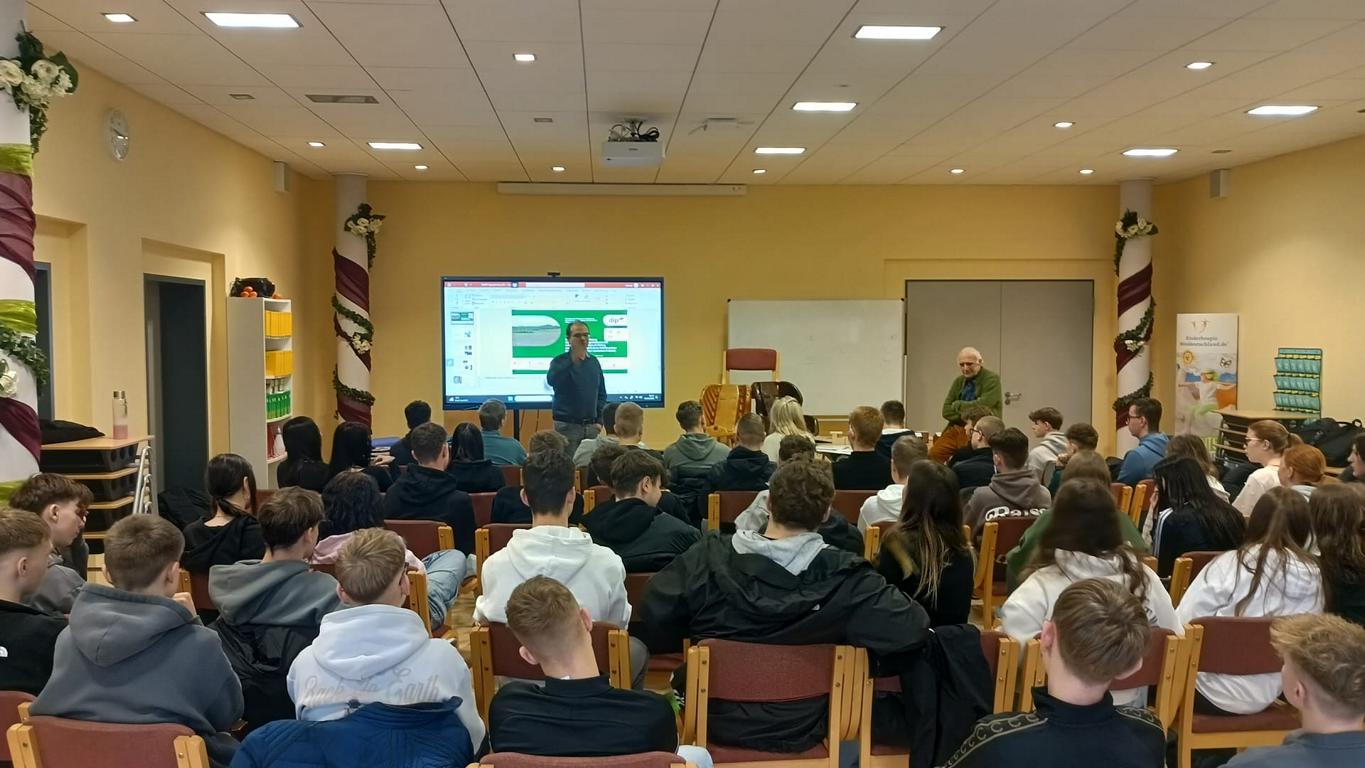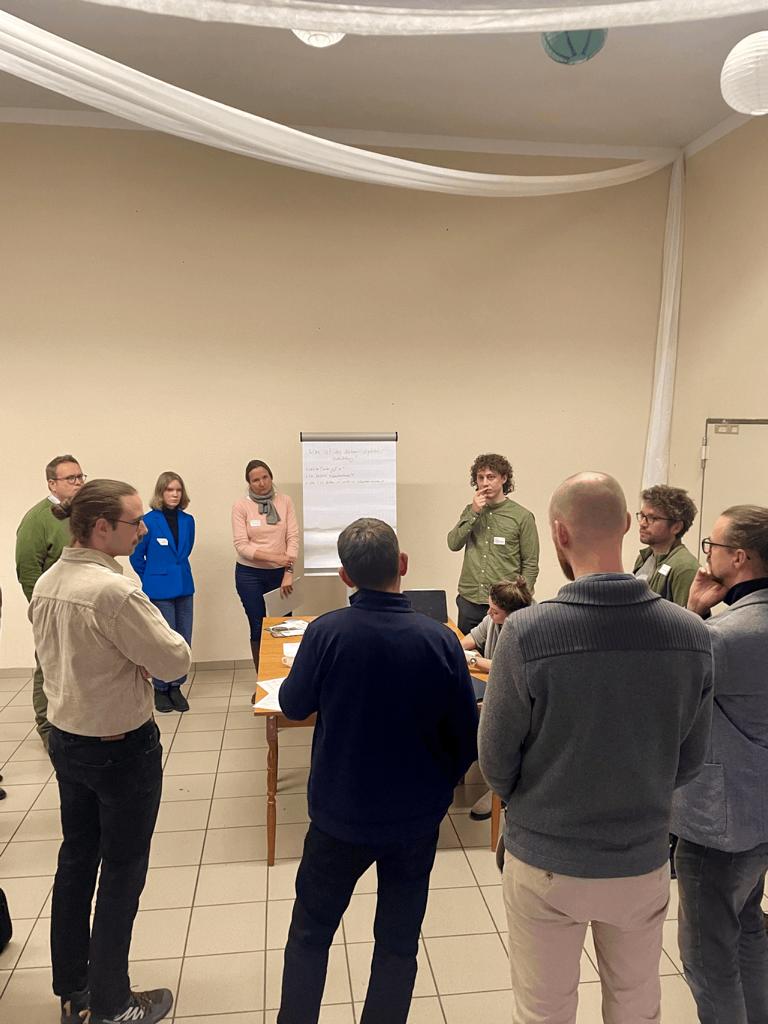Project description
Global climate change the associated increase in extreme weather events, as well as a structural transformation in the former Central German mining region, pose severe challenges for regional economy and society. In the light of these challenges, the project “DiP-SMART Agroforst” aims to realize the ecological and economic value of woody structures in the landscape of southern Saxony-Anhalt. Agroforestry systems, i.e. the synergetic cultivation of woody plants and agricultural crops on the same area or in the immediate vicinity (i.e., on the edge of agricultural sites), offers in-depth ecological benefits (e.g. protection against extreme weather conditions), but also the economic diversification of farms. Thus, landowners and managers (farmers and foresters, municipalities, private actors) are able to manage their land in a more climate-resilient way and develop an important basis for the production of bio-based raw materials (e.g. for the chemical industry in Central Germany).
The project hence focuses on the illustration, analysis and further development of individual process chains in the overall view of the value chain – from landowners to advisory institutions for wood maintenance and harvest to processing and utilization companies and political decision-makers. Another main focus is on the investigation of the suitability of digital instruments (e.g. decision support systems, measurement technology, remote sensing) for the description and modeling of individual material flow processes in the wood-based bioeconomy. The project thus addresses various problem areas of structural transformation in southern Saxony-Anhalt.
Objectives
- Development of digital land and woody plant cadasters as well as forestry establishment documents with the use of innovative remote sensing approaches for the spatially distributed estimation of potentials, ecological and ecological benefits on the landscape scale.
- Preparation of potential utilization paths of bio-based raw materials from woody plants in southern Saxony-Anhalt and communication to relevant stakeholders with the use of digital product and process databases.
- Stage-wise development of decision support tools and adaptation to current and changing needs. Inclusion of relevant information for the planning, maintenance and harvest of woody plants in the landscape (e.g., choice of woody plants, capacity planning, utilization options).
- Development of a central information platform “SMART Agroforst” as a digital coordination, communication and planning tool for all stakeholders in agroforestry-based value chain networks.
Project structure and working packages
DiP-SMART Agroforst is divided into three complementary project areas and consists of interlinked working packages (see figure below). The key component is the development of the “SMART Agroforst” decision support and information system. In individual working packages, the “DiP-SMART Agroforst” project aims to cooperate closely with the other DiP projects “NWG FaiReSyst” and “DiP IQ-Hanf”
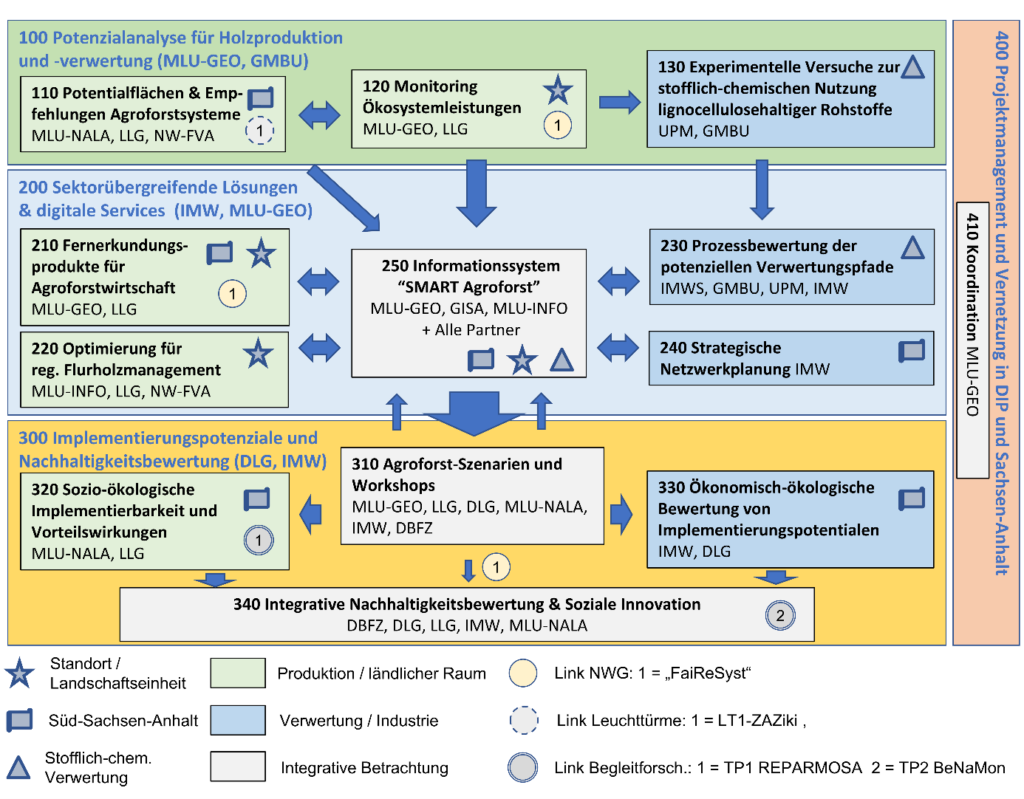 Abbildung 1: “DiP-SMART Agroforst” project structure, allocation of partners to single working packages, scales from rural areas (location to region) to industry, links to DiP NWGs, lighthouses and accompanying research.
Abbildung 1: “DiP-SMART Agroforst” project structure, allocation of partners to single working packages, scales from rural areas (location to region) to industry, links to DiP NWGs, lighthouses and accompanying research.
Funding period
01.04.2024 – 31.12.2028
Project coordination
Jan Lukas Wenzel
Martin Luther University Halle-Wittenberg
smart-agroforst@dip-sachsen-anhalt.de
Project partners and contacts
The project „DiP-SMART Agroforst“ is characterized by the close cooperation of institutions of the Martin Luther University Halle-Wittenberg (MLU), research institutions and independent institutions and companies, municipalities, farmers and foresters as well as processing and recycling companies. Sustainable implementation through innovative approaches is only possible through closely interlinked cooperation in the entire value creation network of bio-based raw materials from woody plants. A total of eleven institutions are active in the project. These are listed below with the respective contacts:
 | MLU-Halle, Department of Geoecology – Contact: Prof. Dr. Christopher Conrad |
 | MLU-Halle, Department of Sustainable Landscape Development – Contact: Dr. Vera Schreiner |
| MLU-Halle, Department of Data Structures and Efficient Algorithms – Contact: Prof. Dr. Matthias Müller-Hannemann | |
 | Fraunhofer-Institut für Keramische Technologien und Systeme IKTS – Contact: Prof. Dr. Thomas Kirschstein |
 | Fraunhofer-Institut für Mikrostruktur von Werkstoffen und Systemen IMWS – Contact: Sven Wüstenhagen |
 | Gesellschaft zur Förderung von Medizin-, Bio- und Umwelttechnologien e.V. (GMBU) – Contact: Dr. Klaus Krüger |
 | GISA GmbH – Contact: Clemens Schenke |
 | Nordwestdeutsche Forstliche Versuchsanstalt (NW-FVA) – Contact: Dr. Martin Hofmann |
 | Deutsches Biomasseforschungszentrum (DBFZ) – Contact: Dr. Konrad Siegfried |
 | Deutsche Landwirtschafts-Gesellschaft (DLG) – Contact: Prof. Dr. Nils Borchard |
 | UPM Biochemicals Leuna – Contact: Konrad Gebauer |
